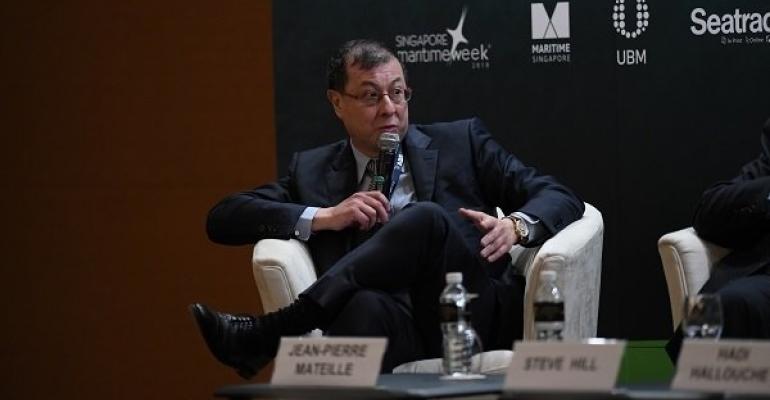“The market continues to evolve as it grows and that’s a good thing with more players and different commercial structures and people looking to bring value to the market in different ways,” said Shell Energy evp Steve Hill.
Noting that the LNG market was historically seen as being quite inflexible because it was dominated by dedicated contracts and single supply sources and markets, this in a way provided security of energy supply, Hill pointed out that as the current market has become bigger and more flexible it continues to fulfil this role by being there to provide stop gap supply if the market needs it, suggesting many examples where demand is less predictable such as for heating in China or air conditioning in the Middle East that is subject to the vagaries of weather and hard to predict.
“Flexibility in the LNG market today is a good thing because it means it’s more responsive to market disruptions and is a very good evolution,” he suggested.
This led on to Mateille expressing frustration with the buyers in Asia. “The oil market is diverse, but it’s fair to say we in Total find the buyers in Asia extremely frustrating,” he said. Mateille pointed out that like any producer Total needs to have security of sales in order to proceed on large new projects and this is typically secured by long term sale and purchase agreements but in Asia not only are these type of contracts not forthcoming but price expectations are not what are hoped for.
He pointed out that in fact, Total tends to become buyers of their own products in the first instance which they then sell on in the secondary market. “This is a bit paradoxical because banks refuse to fund projects until Total becomes a buyer,” he concluded.
Copyright © 2024. All rights reserved. Seatrade, a trading name of Informa Markets (UK) Limited.
Add Seatrade Maritime News to your Google News feed.  |



